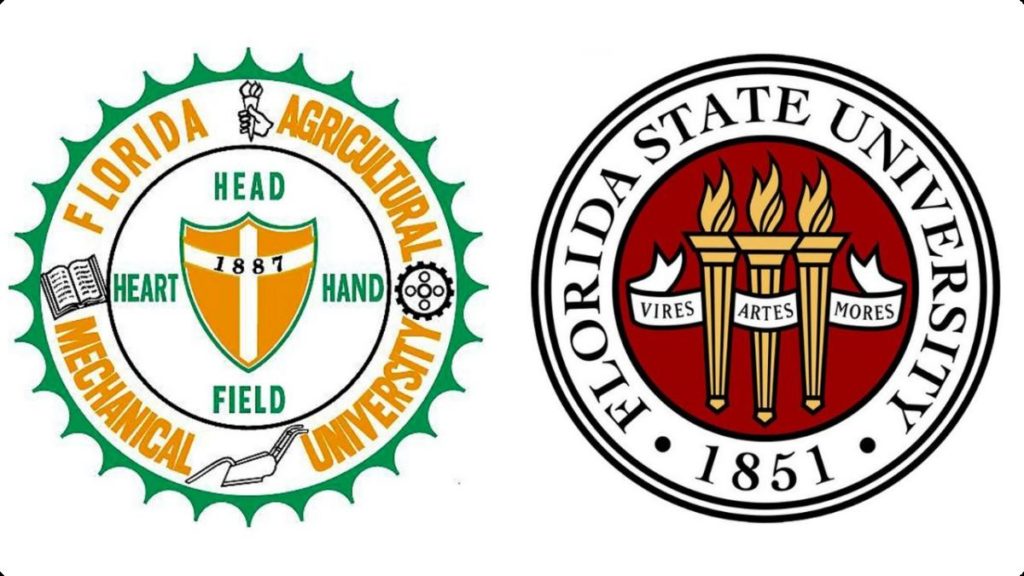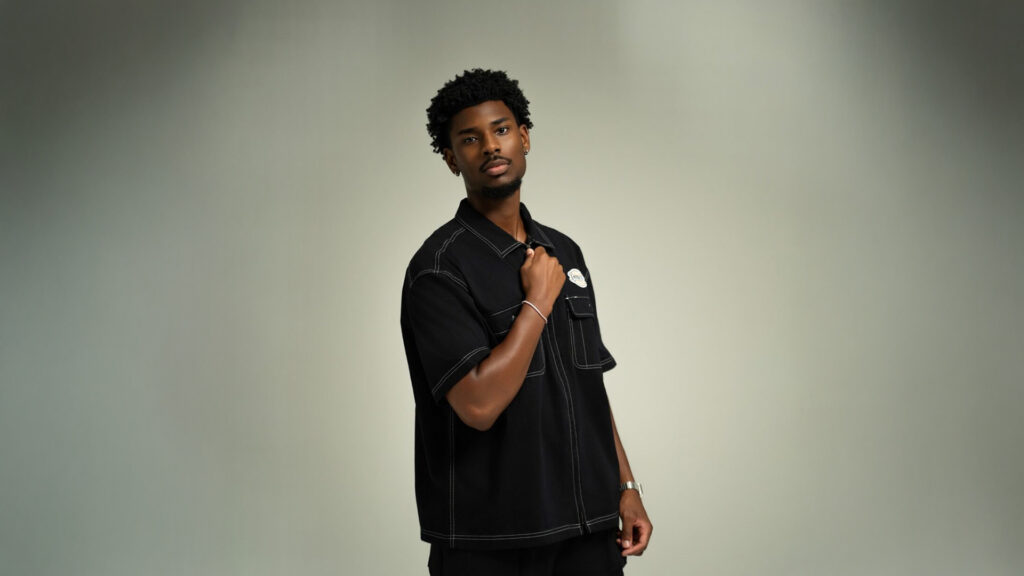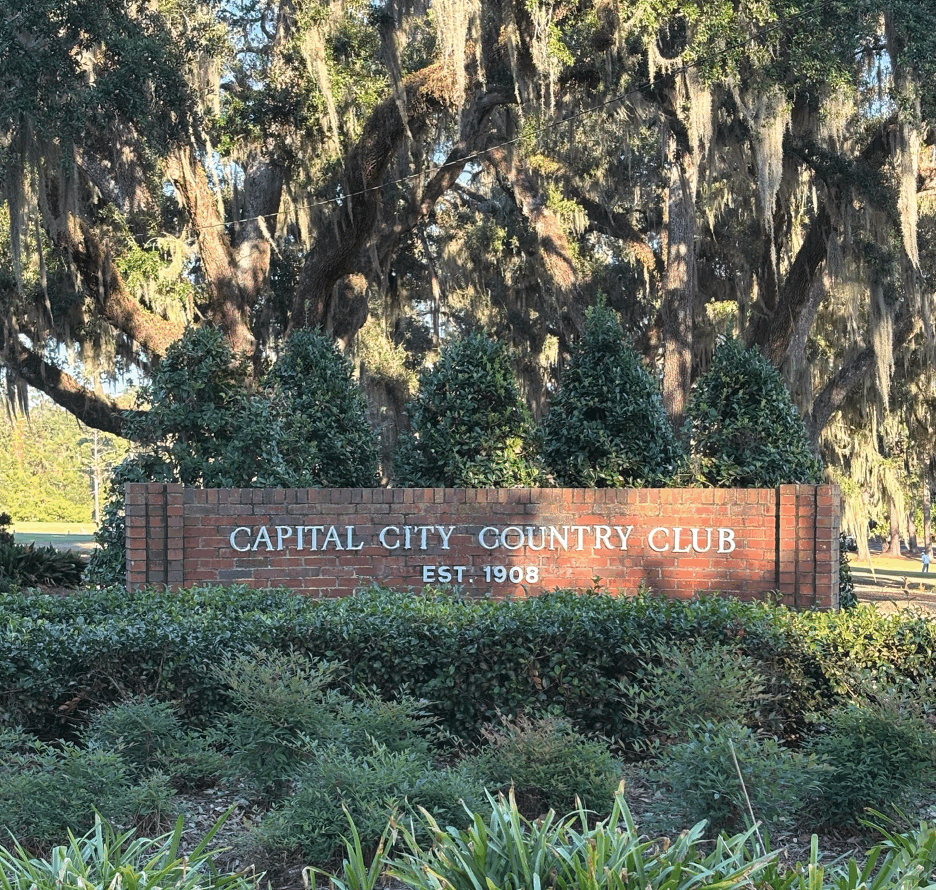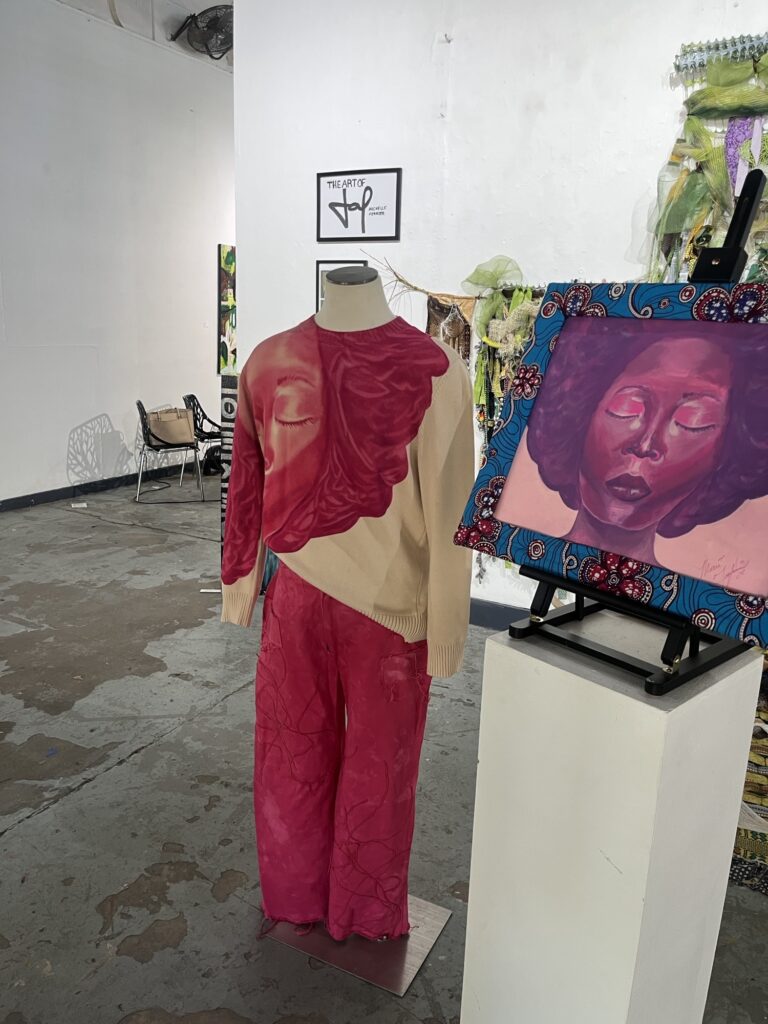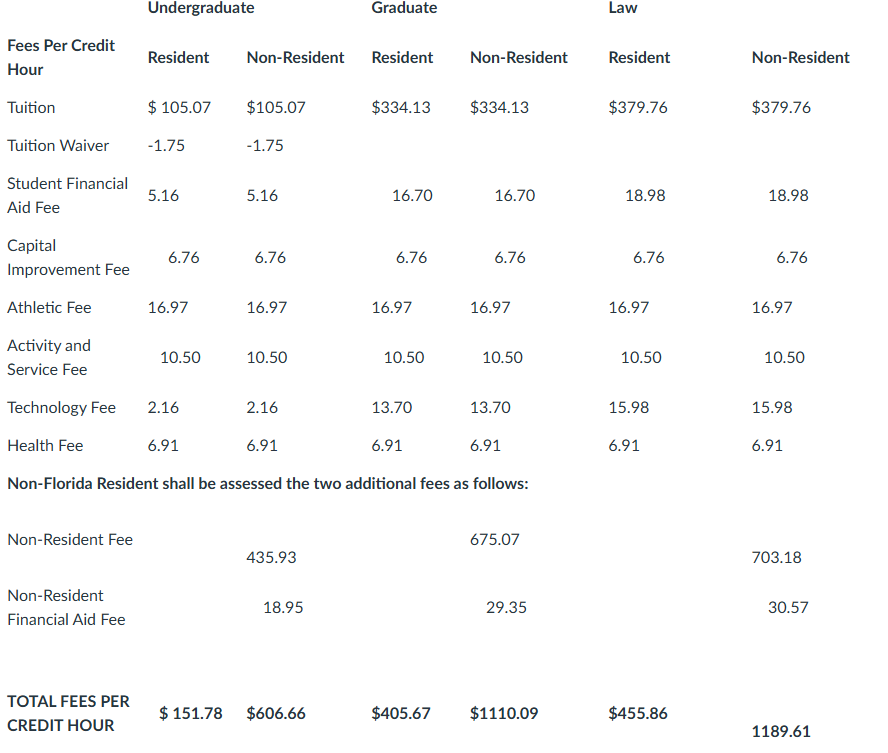Saturday evening Doak Campbell stadium lit up as the Florida State University (FSU) Seminoles played their first game of the season against the Georgia Tech Yellow Jackets. According to the Noles, 17,538 fans were in attendance for the 16-13 loss.
Tallahassee, after being on curfew, saw a spike in excitement as ACC football made its way back to the forefront. And while football season is officially back in a limited capacity, videos of FSU students tailgating in the masses began to circulate on Twitter pivoting the attention.
Breaking News: FSU students seem to be immune to COVID-19 pic.twitter.com/WS3slcT2L3
— andrea (@thelilavocado) September 12, 2020
The viral video showed a large gathering of FSU fans partying in a neighboring apartment complex — most with no mask on at all. This led to several Florida A&M University students to join the conversation stating that FSU students were not taking the pandemic seriously, nor were they practicing social distancing.
FSU students and FAMU students in the past have found several reasons to debate on social media. Whether it’s about football teams, school amenities, or the unceasing historically Black university versus predominantly white institution discourse, FSU and FAMU students have found a reason to dispute each and every difference they have.
“There is a discourse between Black students from both schools,” FAMU student Jaelyn Guyton said. “The reason being that there just always seems to be this superiority complex. The tweet that originally started the discourse we currently see was about football. Yet, when a FAMU student brought up the health issue also seen on our timeline, it was Black FSU students coming to their white counterparts’ side to defend and deflect even when said white counterparts didn’t need defending.”
With over 658,000 positive cases of COVID-19 in Florida, students have a right to show their discernment towards the students that aren’t socially distancing, but for many Black FSU students, lumping them in with their white colleagues that are disobeying health concerns isn’t fair.
“I think the discourse between FAMU and FSU is not a discourse between schools but a matter of the timeless debate between HBCUs vs. PWIs,” FSU student Mareshah Proby said. “We’re just in such close proximity that it gets translated differently. I think the back and forth always seeps into social issues like the pandemic we’re dealing with. It becomes an ‘us vs. them’ and [Black FSU students] unfairly get grouped with the majority of FSU students, who are of a different race and background.”
Since arriving in the capital city five weeks ago, students on both sides of the tracks have been seen partying. Students at FAMU recently went viral after a video in the school’s parking garage showcased people dancing — some with their masks on or in-hand.
Florida State is receiving more attention for its students not socially distancing because of its universal notoriety and larger population size. As of late, the university has roughly 1,200 positive cases of the coronavirus on its campus.
For years the Black students of FSU and FAMU have argued about the disproportionate support the city of Tallahassee shows the Seminoles, especially in comparison to the Rattlers. Walking into the local Publix filled with FSU paraphernalia will tell the story alone.
“I feel as though the main issue is a lot more than race,” FSU student Serena Frederic said. “It’s privilege and money too. Most of the kids at FSU are ‘rich kids’ who don’t even have to think twice about whether or not they’ll be stuck in the hospital for weeks paying big bills or not having insurance.”
Across the country, administrations are realizing that enforcing students to social distance isn’t as easy as their proposed plans laid it out to be. Schools like the University of North Carolina sent their students home after one week of being on campus. FAMU and FSU students want to be back in school, but realize that staying away from friends is easier said than done.
“I wish school was completely virtual and remote,” FAMU student Zoe Mitchell said. “I understand that we are in an economic crisis because of the pandemic and universities, just like any other business, have to maintain a source of income. However, if the schools have to create such strict policies as a result of the pandemic knowing that college students will break the rules, then we might as well have stayed home.”
And while the students of each school are blaming the other for the spread of COVID-19 in the shared college town, many students see this argument as just an excuse rooted in the PWI versus HBCU argument. FAMU student, Yakora Pitts, says both schools have been ignoring the health protocols and that “there’s always going to be a PWI versus HBCU debate especially with these schools only being 5 minutes apart.”
According to the Commonwealth, data shows that Black and Latinx Americans are contracting and dying from the coronavirus at a higher rate than white Americans. So, no matter the school, Black students in Tallahassee understand why this virus isn’t something to take lightly.
“As Black students regardless of the school we attend, we understand that this pandemic is disproportionately affecting people of color and lower-class families,” Proby said. “We are all on the same page as everyone else.”
With over 60,000 college students in Tallahassee, all three university and college administrations are working towards creating a healthy and safe environment, guarded against excessive COVID-19 cases. FAMU’s football stadium, Bragg Memorial, has been open since late April providing free coronavirus testing. Additionally, FAMU enacted a student housing curfew to combat students socializing after hours.
“I don’t think there is exactly one school to blame,” FSU graduate student Alexis Hamilton said. “I just believe that those that attend FAMU or TCC tend to have more to lose so they often take things more seriously.”
Most students believe that the only way to lessen the rise in positive cases is to go completely virtual. However, According to News4Jax, FSU’s university president John Thrasher confirmed that eight out of 10 of the students tested for the virus do not even reside on-campus. This means that there now should be social distancing regulations put into action at the surrounding off-campus college apartments.

